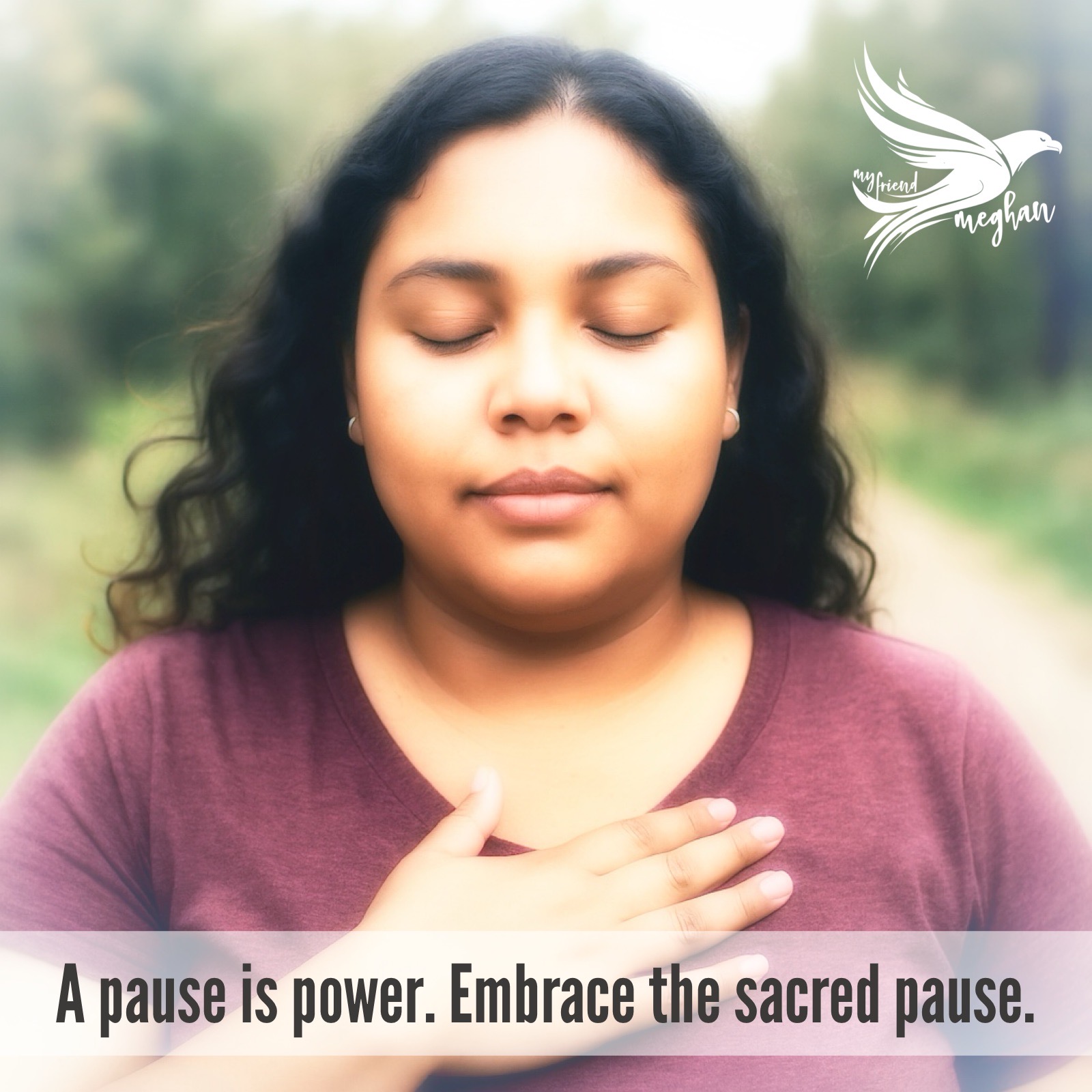I spent so much of my life automatically responding to people—answering their questions, reacting to their comments, explaining myself in ways I didn’t even realize I was doing. If someone reached toward me in conversation, I reached back. If someone asked something of me, I answered—even when I didn’t want to. There was no pause, no choice. Just automatic engagement.
It wasn’t until much later that I realized what was happening. As a neurodivergent person (undiagnosed at the time), I had been constantly corrected as a child for behaviors that didn’t align with neurotypical expectations. I didn’t know my brain worked differently. I just knew I was “always getting in trouble.” And the message I absorbed was: I am always wrong—and by extension, everyone else is right. So I learned to defer to them.
That kind of early, repeated overcorrection shapes you. It wires in a belief that your instincts are faulty, that you can’t be trusted to navigate situations without oversight. So when someone else steps in—asks a question, voices a preference (or even tinkers in your sphere of influence), expresses an opinion—you instinctively defer to their view. Because you have been taught not to trust yourself and so deep down, you assume they’re probably right… and that you, once again, are probably wrong.
The Overexplaining Reflex
My husband once pointed out something I’d never noticed. He observed that I rarely gave a clean, simple “no.” Instead, I gave a “no” with an explanation—sometimes a long one. As he put it, I wasn’t just setting a boundary, I was inviting the other person to assess whether my “no” was valid. The tendency to over-explain our “no” is often a subconscious plea for reassurance that we’re allowed to say it.
It was such a paradigm shifting and clarifying insight. That reflex to explain myself was rooted in the same programming: the false belief that I don’t have a right to simply say no. I had to justify it. I had to give people the chance to review my reasoning and decide whether I’d judged the situation correctly.
But here’s the truth: No is a complete sentence. I don’t need to explain it. And when I do, it’s usually because some part of me still fears I’m wrong for saying it in the first place.
Choice Is a Power We Can Relearn: Reclaiming the Power of the Pause
That’s why the pause matters so much. That moment between stimulus and response—between someone reaching toward me and me deciding whether I want to reach back—is the space where my sovereignty lives. It’s the moment I remember that I have free will. That I don’t owe anyone a reaction. That I am allowed to choose.
This wasn’t a single, lightbulb moment. It was a slow unraveling of an old pattern I hadn’t even realized I was running. I had been so conditioned to believe others were right and I was wrong, I didn’t even notice that I was handing away my agency by default—responding not because I wanted to, but because I thought I had to.
And that pattern took a toll. Because I wasn’t making choices based on my own capacity, I pushed past my limits again and again—until I crashed. What followed was a meltdown (coupled with deep depression and exhaustion) that left me nonfunctional for years. I had let other people decide what I was capable of instead of listening to my own system. That was the cost of giving my power away.
What brought me back was shadow work. Slowly, intentionally, I began to untangle the beliefs that told me I didn’t get to choose. I looked at the places where I had outsourced my knowing. And I took my power back—one pause, one boundary, one reclaimed moment at a time.
Every bid for engagement is an invitation, not a command. I get to decide which ones I accept. I can say yes. I can say no. I can say nothing at all. And not only is that okay—it’s powerful. It means I’m no longer living from programming. I’m choosing for myself.
And that is what sovereignty looks like in action.
Actionable Insights
- Reclaim the pause. Before you respond, ask yourself: Do I want to engage, or do I feel like I have to? Your choice in that moment is where your sovereignty begins.
- Stop outsourcing your knowing. If someone tells you what you should do, check in: Does this align with what I sense is true for me? Your system knows. Listen to it.
- Do the shadow work. The patterns that drive over-accommodation are rarely conscious. Be willing to look underneath the surface and ask: What belief am I holding that makes me feel obligated to give my power away?


Leave a Reply